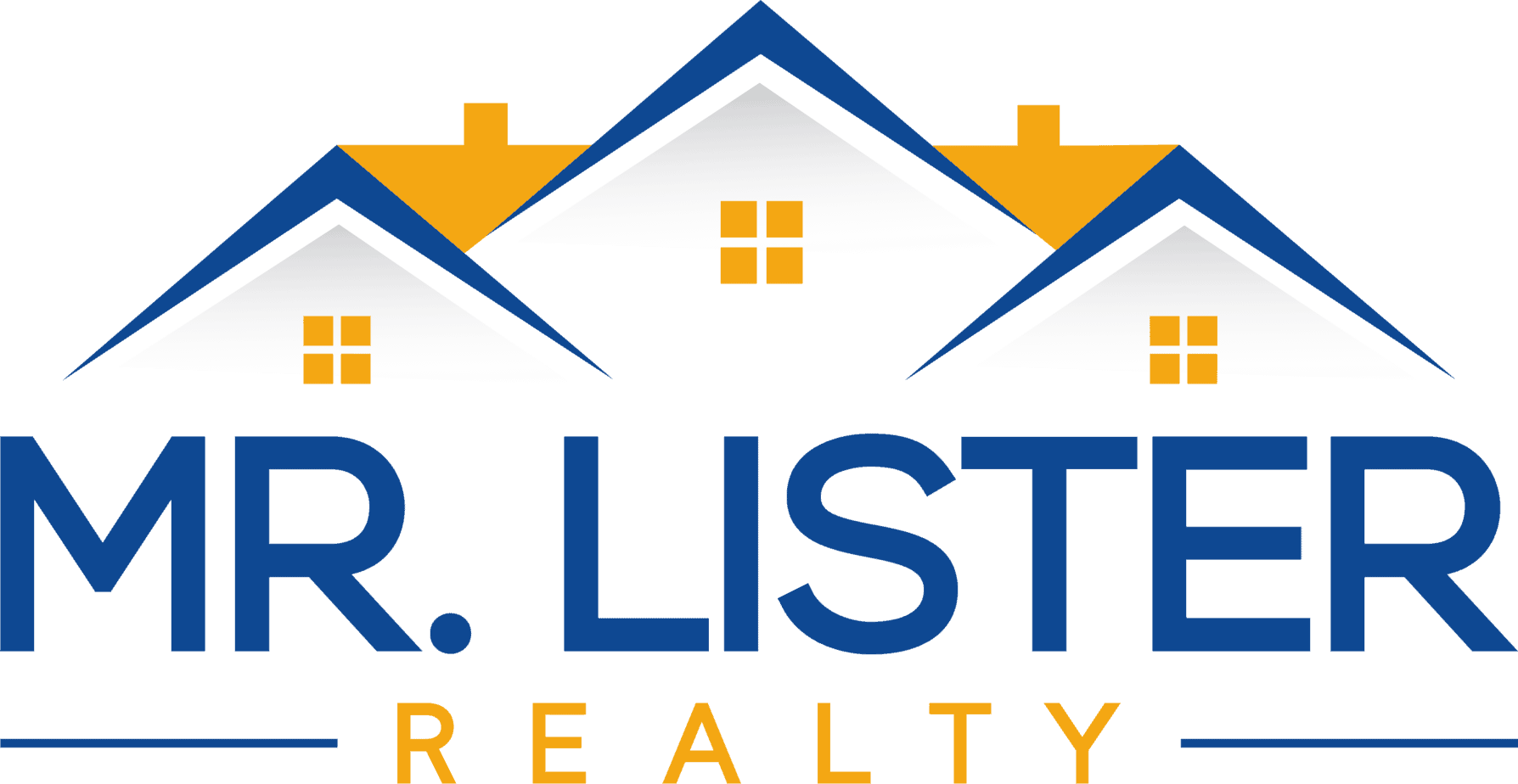As autumn arrives and we begin to think about cozying up by a fireplace or gathering around a fire pit, October is a great time for homeowners to review fire safety habits. At Mr Lister Realty, we care about more than just buildings — we care about keeping the families and properties behind those walls safe.
Below, you’ll find essential tips for preventing home fires and safe practices for outdoor burning (fire pits, leaves, burn piles). We also include guidance on Maryland’s laws around outdoor burning and a reminder to get your chimney inspected before lighting your first fire of the season.
🔥 Home Fire Prevention Tips for Homeowners
Preventing a fire inside your home starts with good habits, maintenance, and preparation. Here
are key strategies:
1. Install & maintain smoke alarms & carbon monoxide detectors
● Make sure you have smoke detectors on every level, especially near bedrooms, and test them monthly. Replace batteries at least twice a year.
● Install carbon monoxide (CO) detectors, particularly if you have fuel-burning appliances or a fireplace.
● Replace the units themselves about every 10 years (or per manufacturer instructions).
● Practice a fire escape plan with your household so everyone knows two ways out and a meeting place outside.
2. Watch your heating sources
● Keep flammable items (curtains, furniture, rugs) at least 3 feet away from heaters, space
heaters, fireplaces, and wood stoves.
● Only use approved portable heaters with automatic shut-off features and on stable, level
surfaces.
● Never leave heating devices unattended or plug them into extension cords long-term.
3. Fireplace & chimney safety
● Before using your fireplace, make sure to schedule a professional chimneyinspection and cleaning (see section below).
● Burn only seasoned, dry wood. Avoid burning damp wood, cardboard, wrapping paper, painted or pressure-treated wood, or garbage. These produce more smoke and creosote buildup.
● Use a fireplace screen or glass doors to prevent sparks from escaping.
● Never overload the fire or leave it unattended.
● After the fire is out and the ashes are cool, remove ashes to a metal container with a tight lid and store them away from combustible materials.
4. Kitchen fire safety
● Never leave cooking unattended. Stay in the kitchen while frying, grilling, or broiling.
● Keep flammable objects (oven mitts, dish towels, paper towels) away from stovetops.
● Have a fire extinguisher nearby and know how to use it (e.g., “PASS” — Pull, Aim, Squeeze, Sweep).
● Clean grease buildup frequently — grease fires are one of the most common home fires.
5. Electrical safety & general precautions
● Don’t overload circuits. Spread appliances across multiple outlets.
● Replace frayed or damaged cords.
● Unplug devices when not in use.
● Use surge protectors and follow manufacturers’ safety instructions.
● Be especially careful with candles: never leave them unattended, and keep them away from combustible materials. Use candle holders that catch dripping wax.
🏠 Chimney Inspection & Cleaning: Your First Must-Do
Before lighting that first autumn or winter fire, schedule a professional chimney inspection
and cleaning. Here’s why:
● Over time, soot and creosote accumulate inside chimneys. Creosote is highly flammable and is a leading cause of chimney fires.
● A professional inspection checks for structural defects (cracked flue liners, damaged masonry, loose mortar, blockages from animal nests or debris).
● A clean, well-maintained chimney ensures proper venting, reducing smoke back-draft into your home and lowering carbon monoxide risks.
● According to the National Fire Protection Association (NFPA), annual chimney inspections and cleanings are best practice.
● In Maryland’s climate, freeze-thaw cycles, moisture, and winter weather can deteriorate masonry and flashing. A professional can spot and repair vulnerabilities.
● Some chimney services recommend inspections in spring or summer so repairs are handled before fall/winter use.
Tips when hiring a chimney professional:
● Look for certifications (CSIA, NFI, or other recognized credentials).
● Ask for a full inspection report.
● Confirm that sweeping, inspection, and any repair estimates are included.
● Ask whether they clean the flue, check the chimney cap, flashing, and liner.
🪵 Seasonal Reminders & Additional Fire-Safe Habits
● Maintain landscaping — keep trees trimmed, remove dead branches, and clear leaves/brush near structures.
● Store firewood away from structures and off the ground, under cover so it stays dry.
● Review your homeowner’s insurance — ensure coverage includes fire damage, chimney/fireplace use, and outdoor fires.
● Practice your fire escape plan annually with all family members.
● Check dryer vents — lint buildup is a hidden fire hazard.
● Maintain stovetops, range hoods, and exhaust fans — grease accumulation can ignite.
Conclusion: Stay Safe & Fire-Smart This Season
As temperatures cool and you begin to enjoy fires inside or out, it’s essential to be proactive.
Fire Safety Month is a reminder to check, prepare, and practice safe fire habits:
● Prevent home fires with vigilance in the kitchen, heating systems, electrical appliances, and smoke/CO detectors.
● Understand Maryland’s open burning / fire pit laws, follow local rules, and use safe outdoor fire practices. (More on this next week!)
● Clean and inspect your chimney before lighting your first fire — it’s one of the best ways to prevent dangerous chimney fires or damage.
If you’re considering buying or selling a home this winter, or want a fire-safe checklist as part of your real estate process, Mr Lister Realty is happy to help you partner with trusted local chimney and fire safety professionals. Stay warm, stay safe — and enjoy the season with peace of mind.

